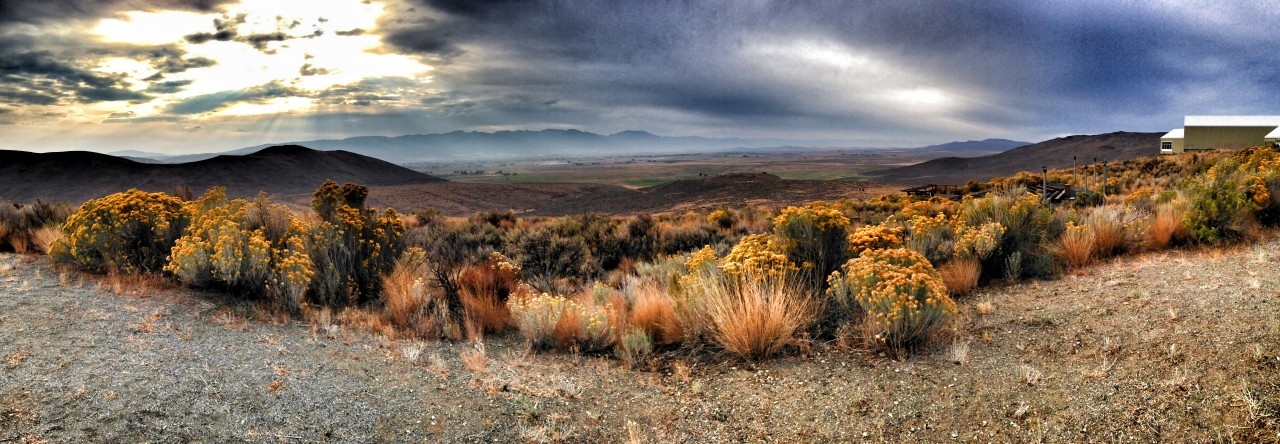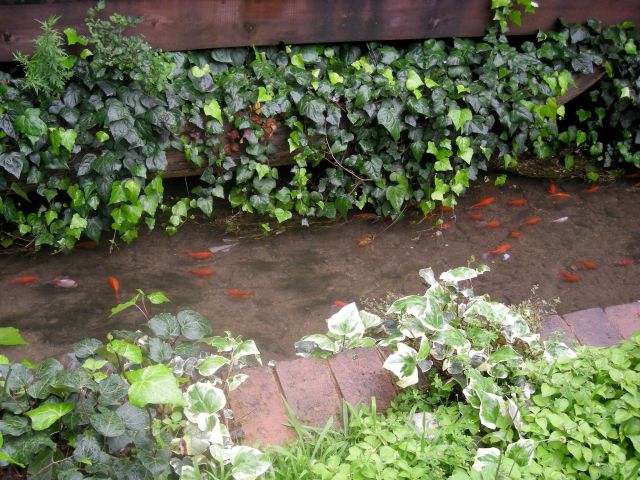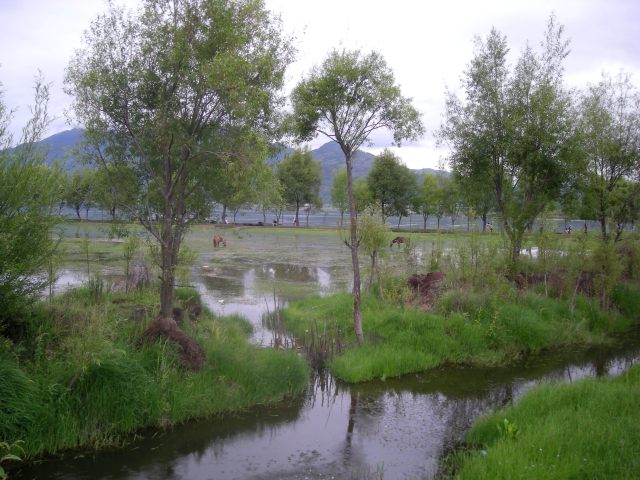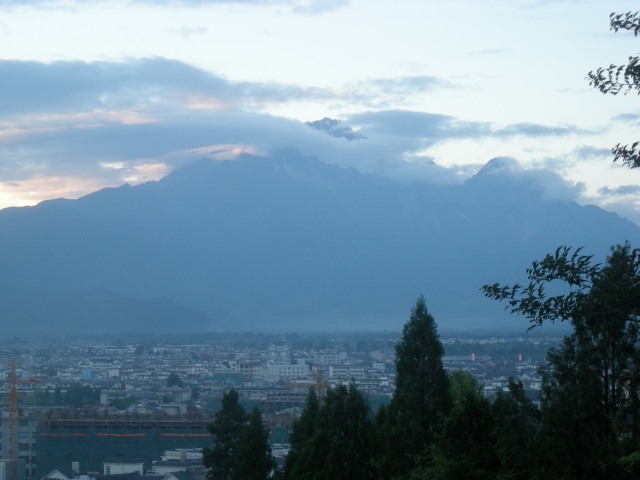Email to Rory on July 14, 2009:
I am currently sitting next to a very large koi pond in the historic gardens and residence of a general. It is now a park. The gardens are very beautiful and at least a little different than the other gardens we have seen.
The pond winds itself through the complex and is pretty cool. However, the Shanghai afternoon is anything but cool. I think it is somewhere in the mid to upper 90s with what feels like just as much humidity. More humid than AL, if that is possible. I caught a cold in the last city and my sinuses suck. Someone gave me some allergy/cold medicine and it has helped a bit. I got dehydrated while traveling yesterday and I just sort of feel icky and slow. But at least I haven’t had to go back to the hotel sick like two other people. Everyone else is mad dashing through the market area. I swear they are shopaholics. Some people have spent over $1,000 and a few spent $500 just at the first stop in Beijing. Me? I would much rather be sitting by this pond, writing to you.
The cicadas seem to be out in force here. Their sound starts up far away and just washes in like a wave. It is pretty cool, but very loud.
There are lots of different buildings in this garden, and a lot of the wall is a dragon sweeping his way around. Normally, someone would have been killed for including such a dragon in their garden. It was the imperial symbol and only the emperor could use it. But apparently this guy got away with it because his dragons only have 3 & 4 toes, instead of 5. That, and I think the emperor liked the guy.
I am starting to feel a little bit better sitting here, instead of running around. It is nice to just sit. We don’t do that often with the exception of meals and meetings. So I am really happy I decided to stay here by myself. It is very nice and worth it.
I have to go now and meet everyone near the second Starbucks we have seen in China. It is next to the Dairy Queen. Off I go!
















